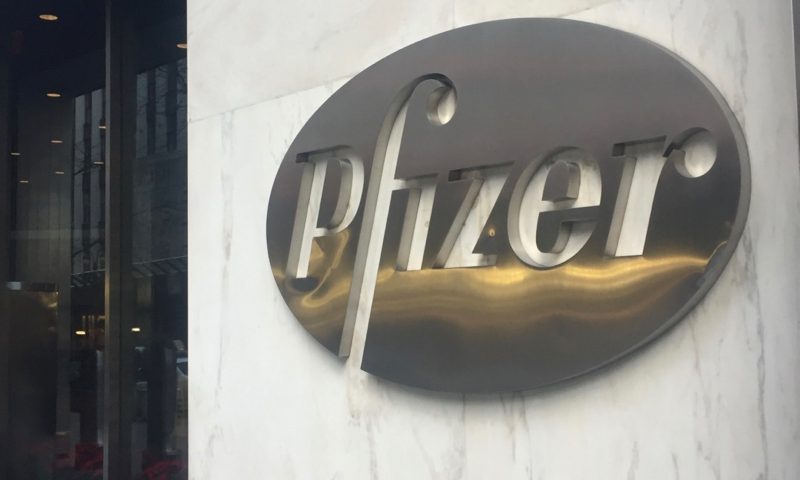A phase 2 trial of Akcea Therapeutics’ antisense treatment for cardiovascular and metabolic disease has hit its primary endpoint. The Pfizer-partnered antisense oligonucleotide cut triglyceride levels in people with hypertriglyceridemia,Type 2 diabetes and non-alcoholic fatty liver disease (NAFLD) but failed to reduce liver fat or hemoglobin A1C.
AKCEA-ANGPTL3-LRx, formerly known as ISIS 703802, is designed to reduce production of ANGPTL3, a protein involved in the regulation of triglycerides, cholesterol, glucose and energy metabolism. In light of evidence that people deficient in the protein have a lower risk of diabetes and cardiovascular disease, Akcea saw the target as a way to help patients with multiple comorbidities. Pfizer bought into the idea last year, paying $250 million upfront for the global rights to the drug.
Now, Akcea, a majority-owned affiliate of Ionis Pharmaceuticals, has shared data that start to shed light on whether Pfizer’s bet is likely to pay off. The data are a mixed bag, with the primary endpoint success offset by the failure to improve secondary measures of relevance to the patient population.
The good news for Akcea and its partners is that the trial linked all the tested AKCEA-ANGPTL3-LRx regimens to statistically significant, dose-dependent reductions in fasting triglycerides at six months. That resulted in the trial hitting its primary endpoint. The study also linked the antisense drug to dose-dependent declines in apoC-III, very low-density lipoprotein and non-HDL cholesterol.
However, AKCEA-ANGPTL3-LRx failed to move the needle against endpoints relevant to its prospects in metabolic disease. The antisense oligonucleotide was no better at reducing liver fat or hemoglobin A1C, endpoints of interest to NAFLD patients and diabetics, than placebo.
What happens next will depend on how Pfizer interprets the results and their implications for the future of the candidate. Akcea has shared the data with its Big Pharma partner, which is responsible for all development activities beyond the phase 2. The top-line findings suggest AKCEA-ANGPTL3-LRx may struggle to establish itself in NAFLD and diabetes, although a clearer picture will only emerge once Akcea shares the full data at a future medical congress.

